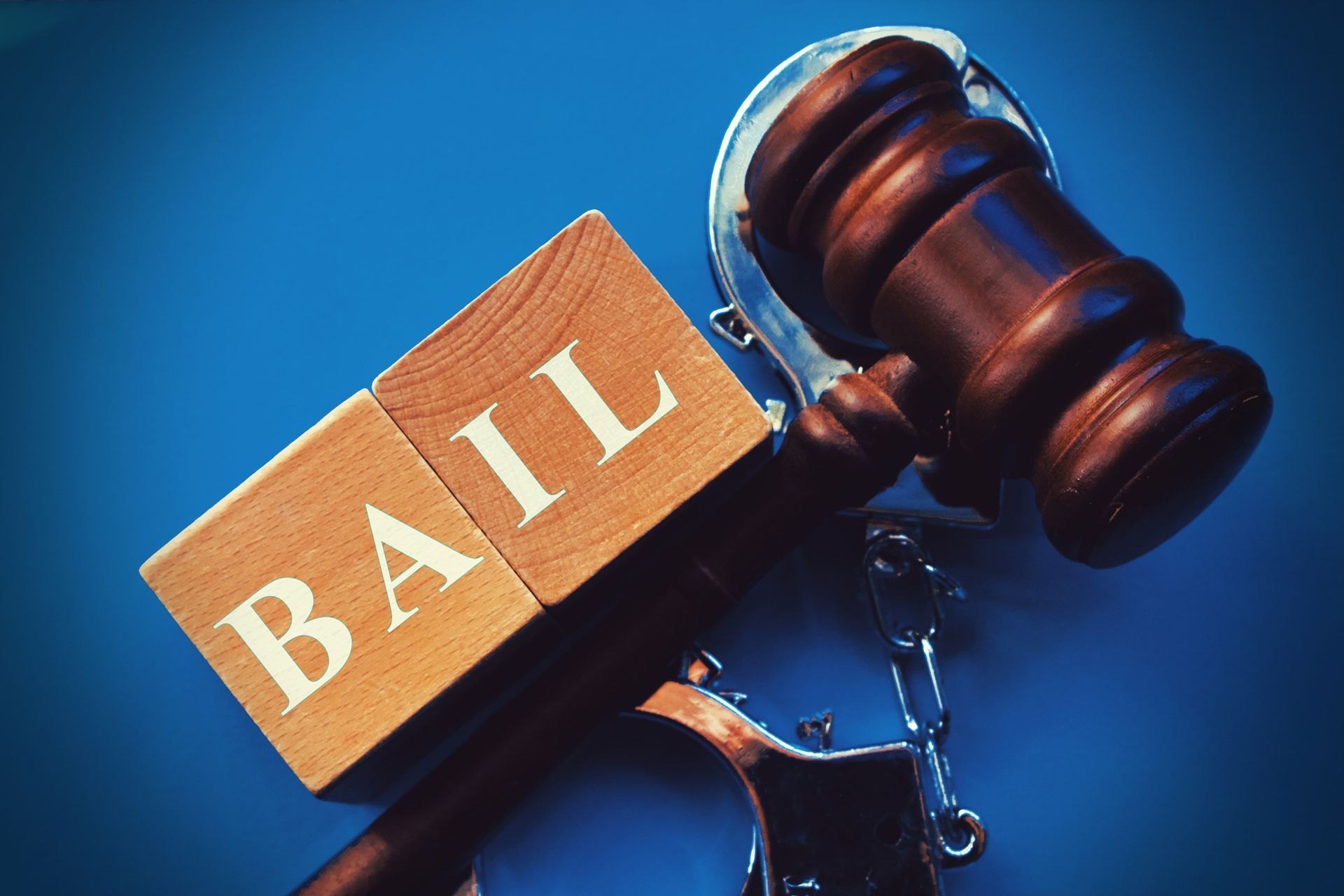Someone's Been Arrested? How To Bail Them Out Of Jail
The arrest of a loved one is an emotionally difficult time. Although they may have broken the law, they are still your loved one and you want the best for them. This puts many friends and family in the position of securing bail funds so their loved one can await the outcome of their case at home rather than in jail.
But how does bail work? What is asked of you? And how can you ensure the best results for everyone? Here's what you need to know.
What Is Bail?
The United States legal system includes provisions for defendants to either wait for their trial date in jail or be released until their court dates. This is known as the bail system. There are several types of bail. The court may allow you to be released with only a written agreement of the terms (recognizance bail), pledge property (property bail), pay the full amount (cash bail), or buy a surety bond (surety bail).
What Is a Bail Bond?
This last form of bail, a surety bond, is commonly known as a bail bond. How does it work? The court sets the bail amount based on the charges, the defendant's history, and other factors. If the defendant or another person doesn't have cash or property to pay this amount, they may go to a bonding agent and purchase a surety bond.
This is a contract with the signer. The bonding agent buys the bond for the full amount and charges the buyer a nonrefundable fee—usually around 10%—in accord with state laws. The bonding agent then registers the bond with the court and the defendant may be released.
If the defendant then shows up at all their hearings, everyone then goes their separate ways. However, if the defendant doesn't appear in court, the bonding agent generally pays the full amount. They may then seek out the defendant to return them to jail and receive back their money.
What Must You Do?
If you want to buy a bail bond for your loved one, you'll need to work with a bonding agent. Bail bonding services are usually open at all hours and are conveniently located near major legal centers. The agent will explain the terms of the surety bond purchase, including any fees and collateral you may need to pledge. You sign the contract and are financially liable for making sure the defendant adheres to the terms of bail.
What's Next?
Once you sign the agreement and bail your loved one out of jail, take proactive steps to help ensure they stick to the terms of their release. This may include things like checking in with the court, receiving mental health or substance abuse treatment, being monitored, staying in their home, or abiding by a restraining order.
You have a stake in their success at following the rules. Some families physically assist the defendant in getting to the court, meeting with lawyers, and other tasks. Help look after their mental health and outlook. Discourage bad influences and returning to ways that got them in trouble. And follow instructions from their lawyer.
When the person's trial is completed, the bail bond has no further purpose. The court will release the bond, freeing the bonding agent and whomever signed the contract from any further financial obligation.
Where Can You Start?
The bail system may sound complex, but it isn't as intimidating as many feel. The best place to begin is with a quality bail bonding agent who works with the jail involved. Vaughn's Cowtown Bail Bonds has assisted defendants and their loved ones since 1988. We can help you too. Call or stop by any time to learn what your next steps should be.















